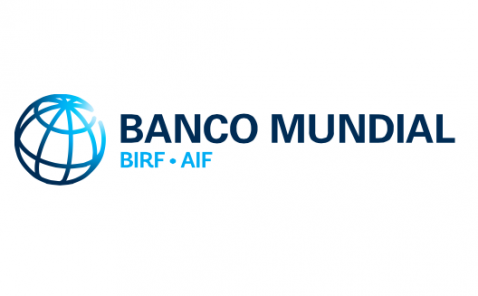OD4B: World Bank launches a new open data tool
Fecha del post: 25-04-2016

Nowadays there is not doubt about open data value and potential in business world; in recent times we have seen how several reports carried out by important international agencies such as Gartner or Capgemini show us one after another very revealing indicators of the potential of open data for enterprises.
At national level, the latest report of ASEDIE infomediary Sector was published recently, in which 602 Spanish infomediary companies have been analysed, and whose total income reached approximately 1,400 million euros in 2014; and billed an average of 2.27 million per company.
There are also studies which figure the potential of open data in the United States between 3 and 5 billion dollars, or highlight the possibility of increasing almost 2% of GDP in Europe thanks to the combination of big data and open data or estimate a 500 million euros turnover for the reuse of public sector in Spain.

We cannot forget either the direct impact that open data is having nowadays on the economy and innovation with more than 1,500 examples of companies using public data to develop new products and services and other interesting examples of innovation, as the creation of a new industry thanks to the opening up of new government data.
But the big question is how do we get unlocked and maximised all that potential?
The World Bank attempts to answer that question through a new tool as part of its Open Government Data Toolkit to assess open data. Through this resource, called Open Data for Business (OD4B), they try to offer governments a tool to promote the re-use of their data by companies thanks to three specific actions:
1. Meeting the current capabilities of private sector and broadening the knowledge of government data by the companies.
2. Identifying datasets with higher value for businesses and barriers for intensive use, including strategic and technical issues and data quality.
3. Recommending an action plan for governments to communicate and collaborate with the private sector on a ongoing basis.
Apart from offering a set of technical and detailed strategies to carry out each of the above steps, ranging from interviews, round tables, questionnaires, reports and action plans, the tool also includes an interesting preliminary test in which it shows several examples of open data startups in different sectors such as health, education, agriculture, transport, energy or finance.
This is the case of Medii.co, a Mexican online platform that reuses geospatial data and information from public sector to help citizens find places with the best prices for medicines in the country. Or, another good example of open data value, not only for the healthcare industry, but for agriculture, is the company Farmeline in Ghana. Open data promotes efficiency and transparency in this market, helping farmers implement more productive and effective techniques while consumers have access to more information. So, this African firm sends to local producers information on weather and farming conditions through voice and text messages to their mobile devices. In this way, farmers can improve and increase crop production and performance.
Nevertheless, open data is not only raw material for creating new products or services, as the previous cases. In fact, in the finance sector many credit companies use open data to provide financial assistance to small businesses. South American companies Aspiria18 and Lenddo20, for example, re-use open data to provide loans to clients without credit history.
Apart from infomediary companies, the World Bank tool also includes a set of guidelines to re-use open data in improving business processes and generate internal value in such important areas as optimizing operations, defining competitive advantages, evaluating new markets or decision making.
Aware of open data value for business world, the World Bank has created this toolkit. In the end, open data can help both governments and businesses around the world find new opportunities for economic growth and innovation in private sector; while they improve business efficiency and profitability and enable the creation of new jobs. In conclusion, open data is a versatile resource that can be transformed into benefits for all national economies.











